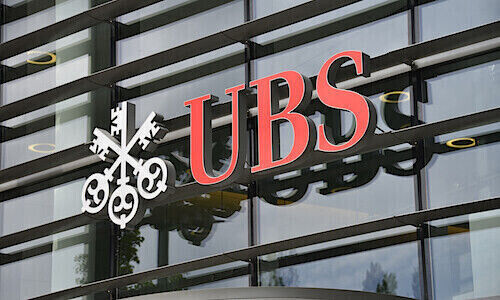Risk appetite amongst wealth management clients in Asia evaporated at UBS in the last 12 months, which saw invested assets plummet by more than $120 billion.
UBS Global Wealth Management recorded $460 billion in invested assets in Asia, according to its second quarter results, marking a 21.1 percent plunge from $583 billion at the end of June last year.
The Swiss bank's financial report repeatedly indicated de-risking by wealth clients in the region with examples such as deleveraging and lower levels of activity.
Profit Slips
The APAC wealth unit posted a pre-tax profit of $239 million in the second quarter, down 15.5 percent from $283 million last year.
Total revenues fell 10 percent to $641 million, driven mainly by lower transaction-based income. Loans also decreased to $41 billion – a net loan outflow of $3.3 billion or a 9 percent quarter-on-quarter decrease – due to market uncertainty driving client deleveraging.
The bank registered $3.3 billion of net new fee-generating assets, compared to $3.8 billion in the same period last year, resulting in an annualized net new fee-generating asset growth rate of 12 percent.
In contrast, UBS reported a net profit of $2.1 billion globally in the second quarter, up 5 percent year-on-year.
Covid Restrictions
According to UBS, there are expectations that market uncertainties will persist with possible continued effects on client activity levels through the third quarter of this year.
In addition to market volatility, the bank also highlighted inflation, tight labor markets, the Russia-Ukraine conflict and pandemic-linked restrictions, particularly in Asia, as challenges ahead.
«While lower asset valuations will have a negative impact on our recurring net fee income and weak client sentiment may affect net new assets in our asset gathering businesses, we expect higher interest rates will positively affect our net interest income,» UBS said in the statement.


























